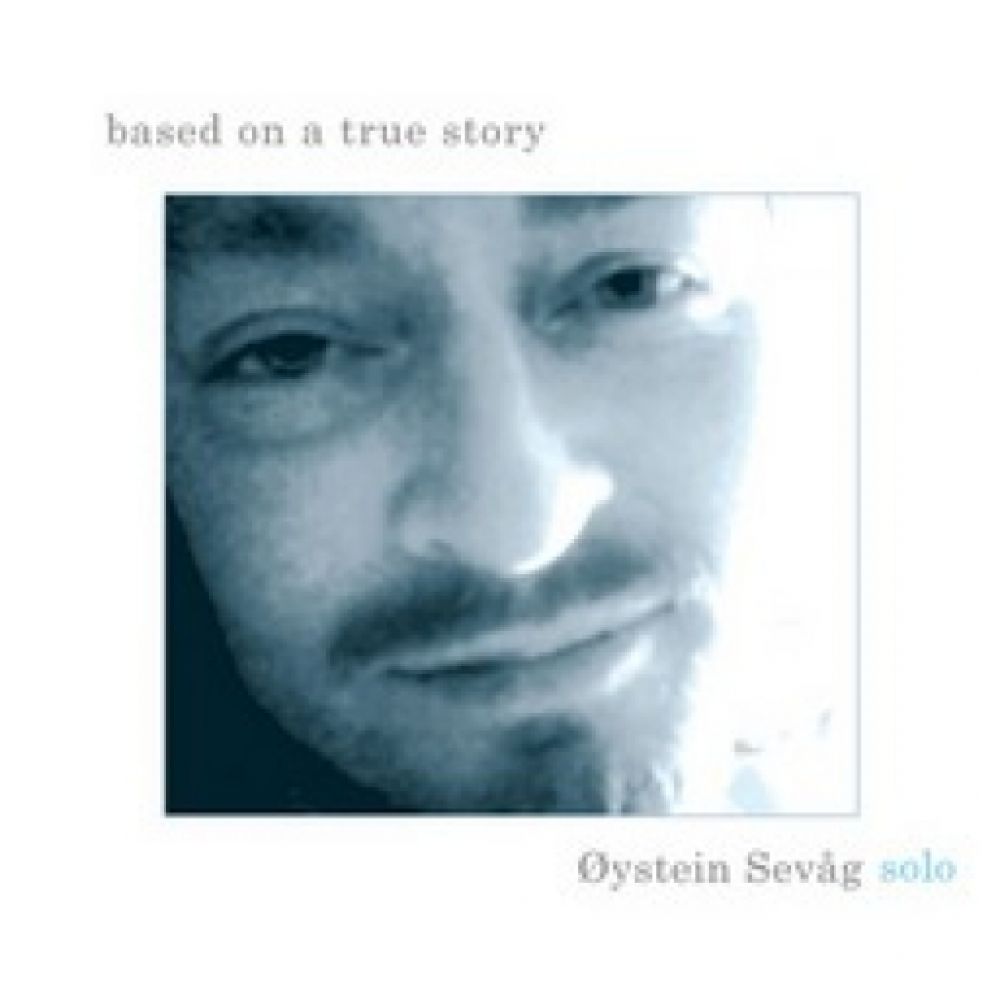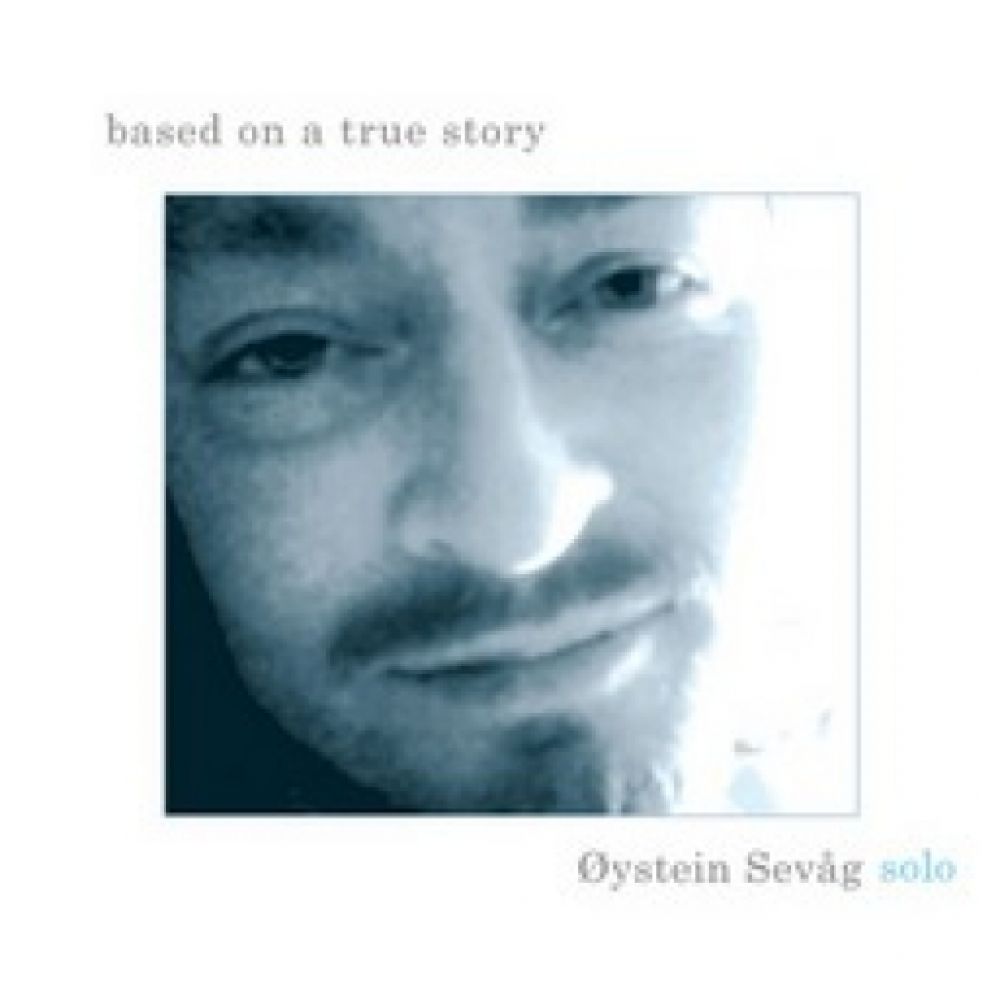Øystein Sevåg - Based on a true story
Øystein Sevåg - Based on a true story
This album emerged in 2007 during a turbulent time in Øystein Sevåg’s life. Significant changes were happening on many levels. To help structure both his life and work, he decided to record a half-hour piano session each day. The music was to be completely improvised. The recordings were made with one person present in the studio – and for each session a new person. Based on these recordings, he later selected excerpts that became the tracks on the album.
The story upon which this album is based, emerges when all the track titles are placed in sequence:
A last Farewell / Wet Grass / Under My Feet / Beyond Words / I See / A Room full of Light / Nature of Contrast / On the Ground / Tears / Falling deep and slow / Then / Healing / Violet Substance / Freeing / Water of Life / Prepearing for Sunrise.
Øystein says that the idea for this daily half-hour session he got from a good friend. He encouraged Øystein to make it a discipline to record a continuous stretch of thirty minutes every day – no matter whether he felt inspired or not.
Øystein reflects:
“It is incredible what can happen after having played for a while, even if the starting point is dark. By playing out what is there, whatever it is, the mood can suddenly turn and a gleam of light can come into the playing. It is essential not to have an opinion about what is happening while it is happening, but just try to be in the flow and play what is true. Very often this led to some golden moments during the half-hour the session lasted.
There is an important difference between playing in the studio and playing a concert for an audience, not least in improvised music. In a concert a mutual exchange of energy arises between performer and audience, both are in a way both giver and receiver. It is a beautiful circle of energy. It was therefor a natural choice for me to do all the improvised recordings with a listener present in the studio. The Norwegian actor Simen Schønberg once said: If the audience had known how important they are, they would never have dared to come to the theatre!
In any creative process it is absolutely essential to keep evaluation away from the moment of creation. The part of the mind that evaluates does not support spontaneous creativity and can interrupt ideas that exists beyond everyday consciousness. Evaluation, however, is important in the later stages. It’s a wonderful combination. In the case of this production, I often waited three days before listening back to a session and selecting possible candidates for the album.”
Share

